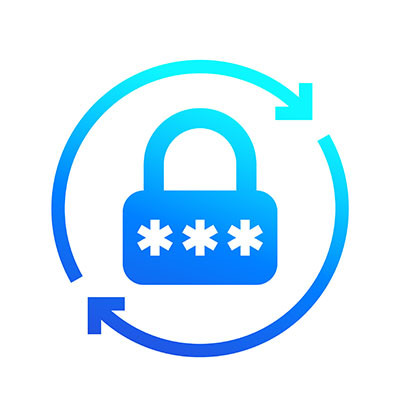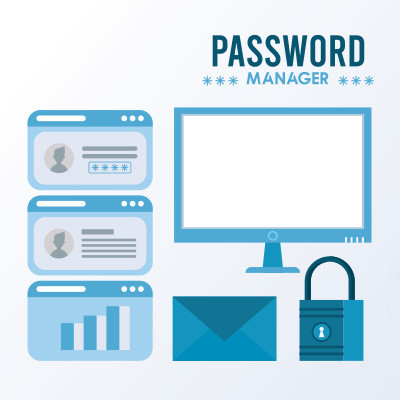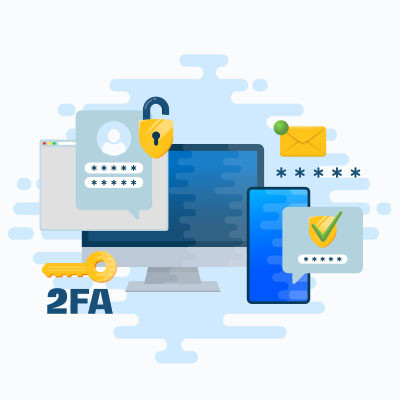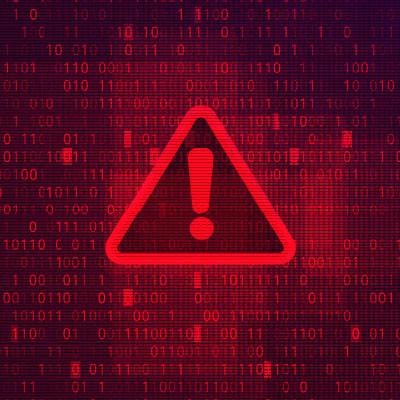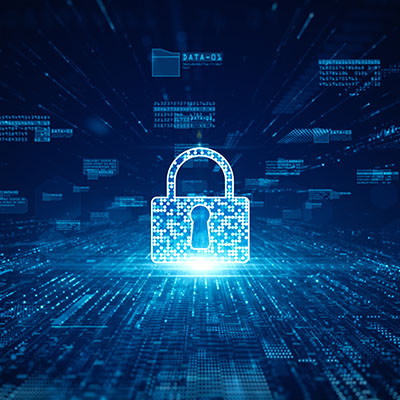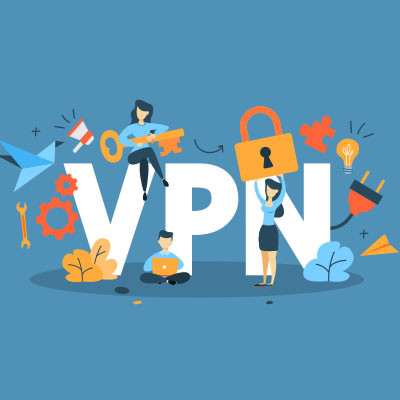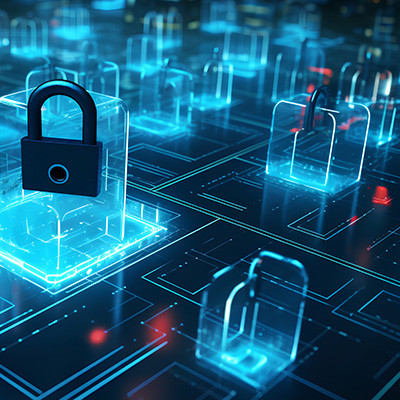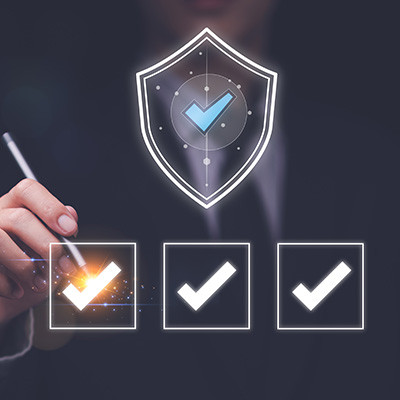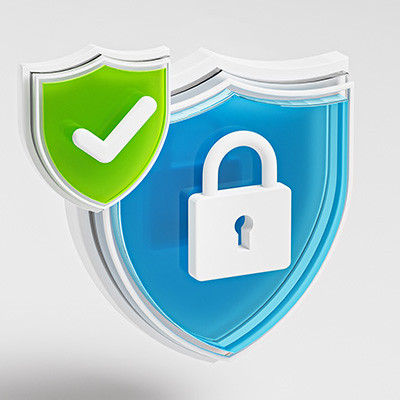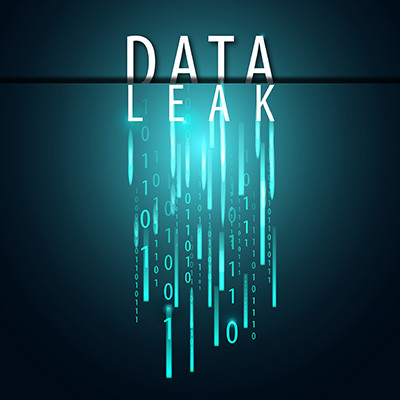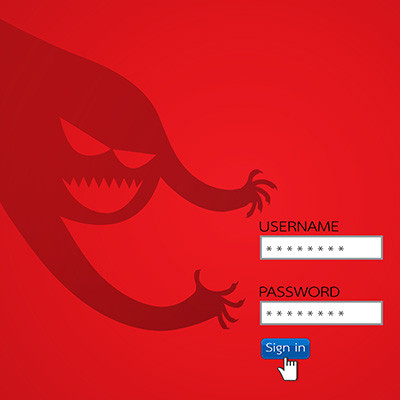Phantom Technology Solutions Blog
A single oversight can potentially nullify the effectiveness of your cybersecurity measures. For instance, even if you've implemented security measures like multifactor authentication, a phishing scam or certain malware variants could grant unauthorized access to your email, compromising all the data stored in your inbox.
It doesn’t matter who you are; your age, your occupation, your employment status, your station in life—you need to make 2024 the year you get your cybersecurity hygiene in check. What we’re going to talk about today isn’t overkill, overly complicated, or expensive. This isn’t us trying to sell you on something. In fact, this is probably the easiest New Year's Resolution you can give yourself.
First, let me start with a really quick story.
Data security is one of those things that you have to stay out in front of. Hackers and scammers are changing tactics and getting a little more sophisticated as time goes on and it creates a pretty difficult situation for most IT administrators. Utilizing multi-factor authentication (MFA), two-factor authentication, or whatever it is called by the application you are using has become a great way to add an extra layer of security to organizational data protection efforts. Today, we will discuss the benefits of this strategy and why it isn’t a be-all, end-all to your overall security.
Data security is an integral part of not just business operations but everyday life at this point. Most people agree that specific measures to protect data security, like verifying emails and updating antivirus software, are reasonable. However, one aspect that many people fail to consider is oversharing information on social media.
The cloud gives businesses more opportunities than ever to change operations for the better, but a poorly configured cloud could create more problems than it solves—including the potential for a security breach! Here are some of the most important reasons why you must configure your cloud solutions properly.
2023 was a banner year for AI (Artificial Intelligence), as it truly entered the zeitgeist in a way that it previously had failed to. Many companies and industries have considered ways to implement AI and make it part of their operations, while others might be fearful of it for its role in job scarcity. However, 2024 might show businesses that they should be worried about AI for a reason you might not have anticipated: AI-generated cyberthreats.
It should come as no surprise that one of the biggest online retail days of the year also incites a lot of scams and threats targeting not just consumers, but online businesses as well. Let’s go over some of the major statistics surrounding online retail scams and what you should know as you navigate the post-holiday chaos.
Keeping your data safe is extremely important. More precedence has been put on data privacy and security in recent times as phishing and ransomware litter the landscape. Unauthorized access to data can lead to severe consequences. The methods employed by cybercriminals today are more sophisticated than ever; and it quite often allows them to breach organizational data security. Today, we thought we would take a look at a few strategies people are using to protect their data.
It can’t come as a surprise that businesses are starting to grow concerned about the potential of getting hit by a cyberattack. Just look at what's happening out there. Literally millions of hackers trying to enter, steal, and sell your business’ data. To help protect their data, businesses should consider the adoption of a Virtual Private Network (VPN), which adeptly conceals data during its transit. Let's take a look into some of the most compelling reasons why your business should embrace the use of a VPN.
Psychology—the scientific study of the mind and behavior—can provide some significant insights into which actions will ultimately be most beneficial to your company. What message will most effectively reach your clients, how can you inspire more motivation amongst your team, and what can you do to reach your goals more effectively?
Unfortunately, the modern cybercriminals that target businesses just like yours are going to be asking themselves the same questions.
With network security being more important than ever for businesses of all types and trades, it’s important that you make it a priority. Thankfully, there are certain simple ways you can pull this off, even if you’re not a technology expert. Here are some of the network security basics that will cover a lot of ground for your business.
Cyberattacks are nothing to take lightly. Every year, they cause millions of dollars of damage to unprepared and unprotected businesses, which leads to many of these businesses’ failure. Let’s talk about what ultimately causes cyberattacks, so you know the kinds of situations and behaviors to keep an eye out for.
When it comes to who is victimized in cybercriminal efforts, there may be a few stereotypes and presumptions that a lot of people may hold. A recent report, Oh, Behave!, released by the National Cybersecurity Alliance and Cybsafe, shows that the real victims of many forms of cybercrime aren’t who many would expect.
Passwords are what separate you from someone else’s private information, their money, their subscriptions, their personal data, their business, and even their livelihood. If you were able to easily crack a password, you’d have access to the wealth and identity of another person. In this blog, we’re going to show you just how to do that.
What measures do you take to protect your employees and business from the dangers found on the Internet? One major company, Google, is implementing some extreme measures to protect against online threats. In this pilot program, the Internet is simply not available to its workers. How is Google—a company notorious for its search engine and web-related technology—making do with minimal access to the Internet? The answer might surprise you.

